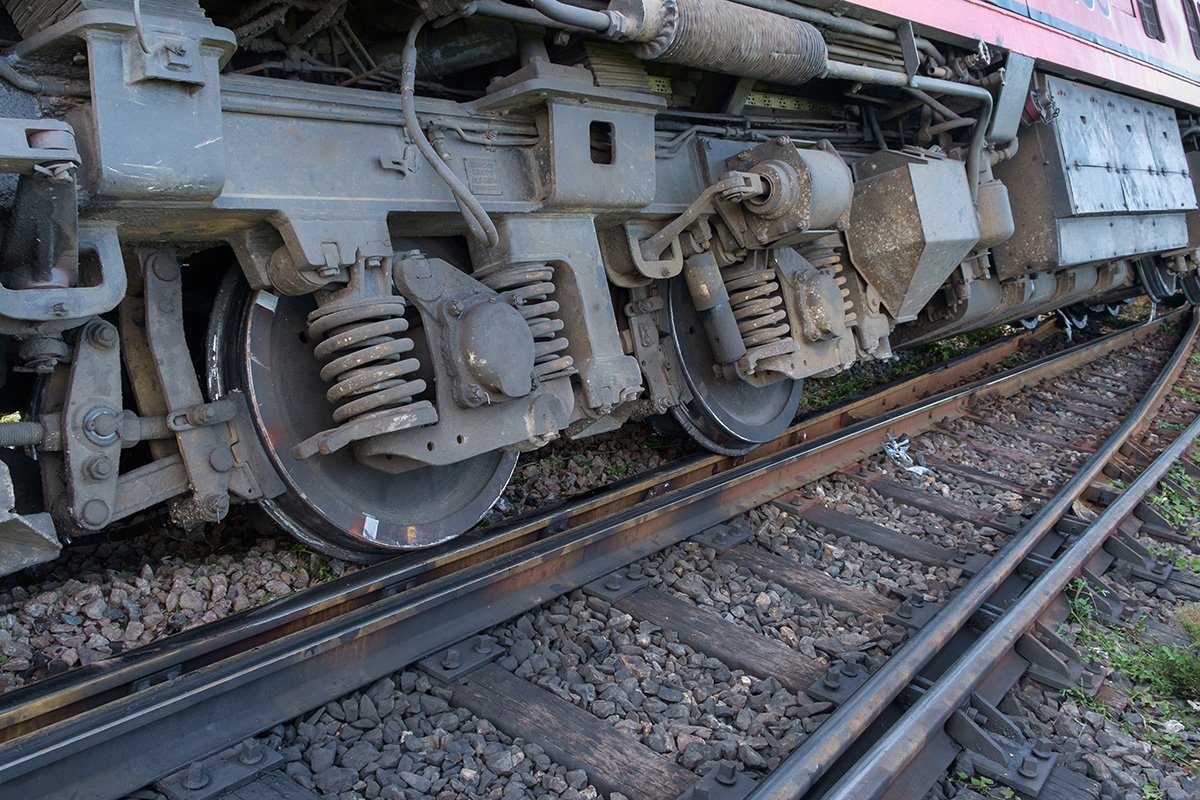The frequency with which commuter trains, passenger trains, and freight trains all operate raises the potential for accidents. Accidents involving trains and passengers are less common than those involving cars, yet they do happen. Almost half of the 7,800 people who got hurt in rail accidents this year will recover fully, according to a report by the Federal Railroad Administration.
Because they transport people and goods for a fee, railroads are considered “common carriers,” the same as cabs and buses. Safety is the primary concern of common carriers, including motorists, pedestrians, and other travelers.
Train workers can sue their employers for negligence if they sustain injuries at work under the Federal Employers’ Liability Act (FELA).
You may be entitled to compensation if you’ve been hurt as a result of a train accident or while utilizing train services. Click here to hire a certified lawyer who could help with your case!
What circumstances would make a railroad responsible for your medical bills if you were hurt in a train wreck?
- Due to the high safety standards common carriers must maintain, a railroad company may be at fault in a train accident and liable for damages.
- It is possible to file a lawsuit against a train company if you are injured as a passenger.
- The train would have to be held responsible for injuries caused by a fall on its tracks.
It could have been due to the railway’s shaky tracks, which made the journey uncomfortable, or to the difficulty of entering or exiting the train. If you’ve been harmed and it’s not evident whether an unsafe train condition or a track issue was to blame, the situation is the same.
When there are malfunctioning signals at a railroad crossing, anyone in the area, including drivers, can file a claim against the railway owner. Generally, railroad companies own the tracks for their trains in the United States.
Therefore, it is the responsibility of the railroad firm that owns the route to maintain adequate signals and working equipment. Injuries sustained as a result of using a faulty product may entitle you to financial compensation.
Some laws may fail to sufficiently safeguard innocent bystanders. If someone is hurt at a crossing because they were not paying attention, the train’s owner may try to avoid paying for damages.

